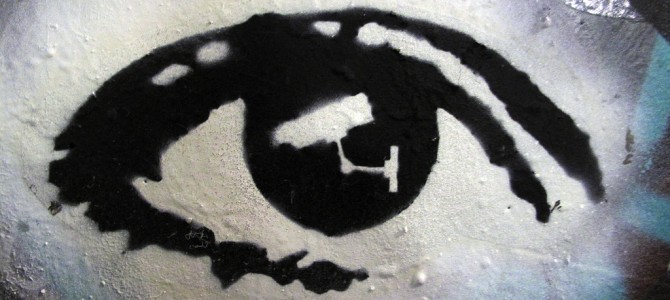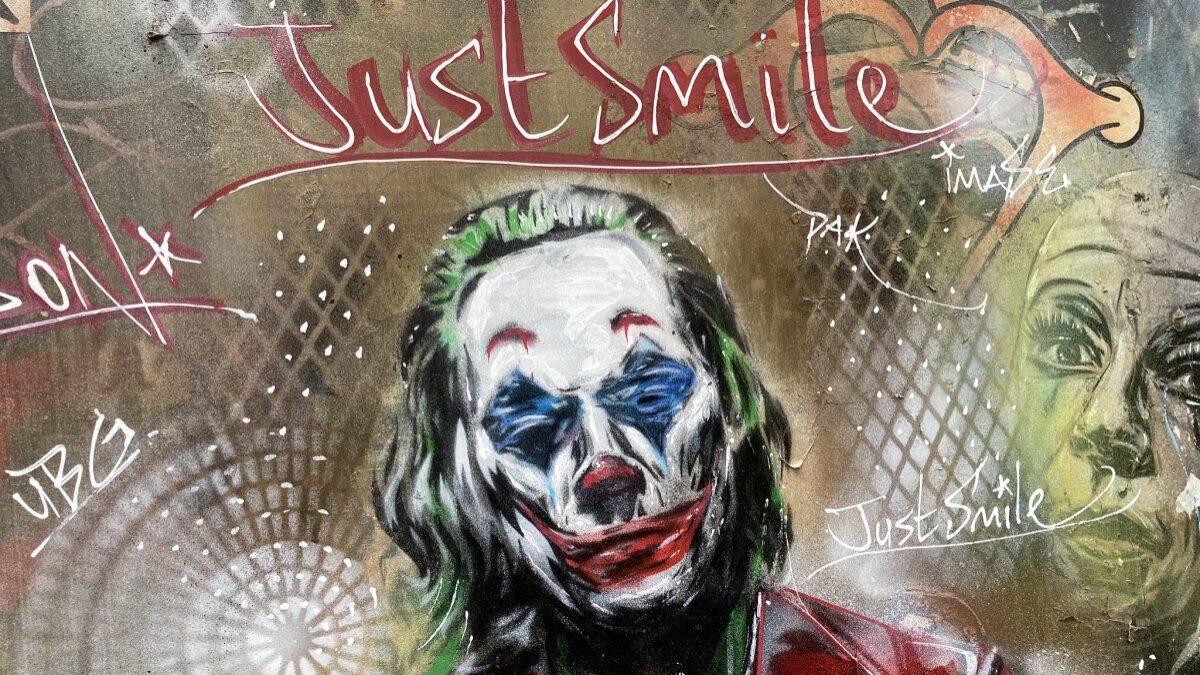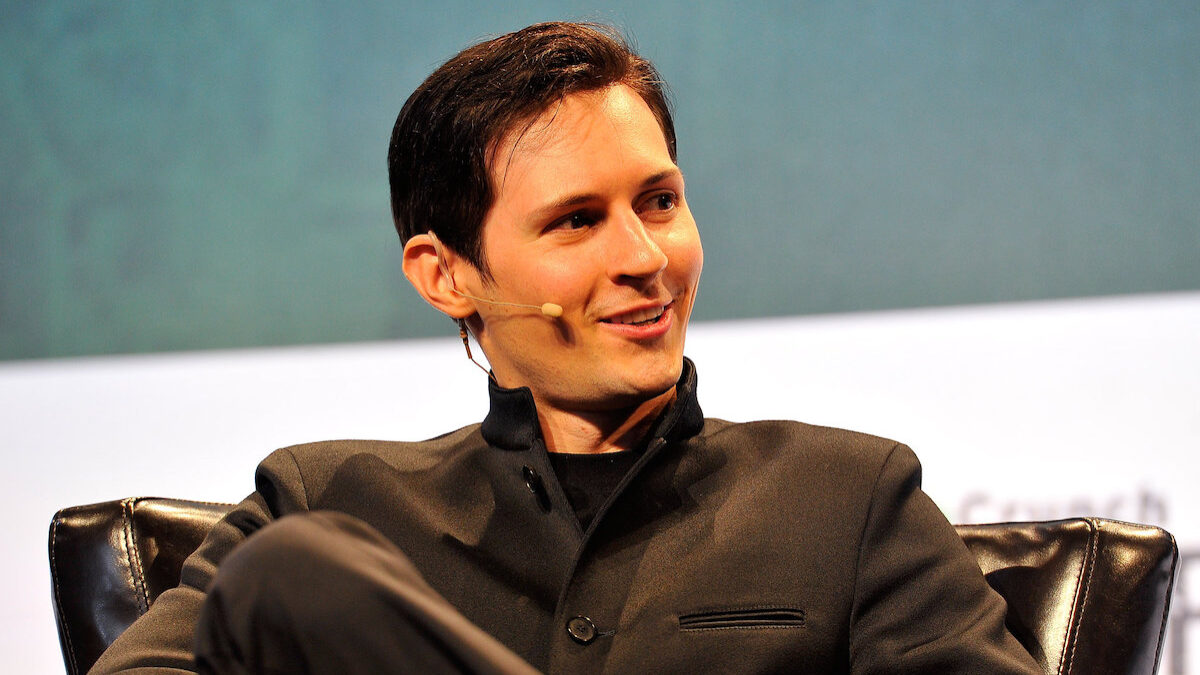The Phil Robertson spectacle provides just the latest example of our devolution into a society that resembles Apple’s “1984” ad. I always assumed that the villain would be big government, ruthlessly censoring unpopular and anti-government speech.
But something much more frightening has happened. Government doesn’t need to intervene to stifle speech. We’ve privatized it. Controversial speech will no longer be tolerated, ignored, or debated. Controversial speech must be squelched and he who spake it destroyed. We have become big brother. The gray masses robotically sit in the ad not by command, but by choice. Because they dare not utter something disagreeable.
This is true for conservatives and liberals, politically or otherwise. Both sides giddily employ self-righteous indignation in the condemnation of non-approved speech. The left falls back on “hate speech” more often, but the right is no less guilty in its use of shame and victimization.
What we’re risking here is a nation of vanilla automatons, particularly in larger culture and the media. A place where no public figure dare say anything remotely controversial for fear of backlash. We’ll become a nation where every utterance is the equivalent of football halftime interview with the coach: The interviewee can’t say anything of worth for fear of backlash. So they all sound the same save a few proper nouns.
Have you ever complained about politicians’ generic speech? Well, can you blame them? Biden’s “big f—ing deal” hot mic comment? Outrage! Romney’s “off camera” 47% comment? Outrage! And those were times when we knew they thought they were speaking to a closed-door, specific audience. Politicians speak the way they do because we’ve created an atmosphere where they can’t do anything but sound the same.
Or look at celebrities or sports stars. How often have we heard about apologies being offered for “offensive” statements? We’ve basically reduced them to generic sound bites.
And you, the consumer. How has any of this “hateful” or “offensive” speech actually affected you? More importantly, why do you care what someone says, no matter how famous? I ask (again): We’re still talking about words, right? I thought we had decided to not feed the troll. So, that only applies when the troll tries to “get our goat”? We also can’t ignore people who might be serious? Or (gasp) perhaps we could engage them?
My life has somehow not been affected by Jim Rome, Skip Bayless, or Dan Savage for years. That either arises from a decision to ignore them or (hear me out) a decision to not let what they say make me super angry. Because, in the end, they are simply exhaling carbon dioxide.
Here’s where I go off the deep end and defend the Mos Eisley of our culture: Twitter, Facebook, and (gasp) internet commenters. The internet remains the last bastion of hope for speech. Yes, most of it is pablum. So much of it is racist and misogynistic. But here’s the thing: Somehow we haven’t devolved into a caricature of this nation from the 1800s, despite this preponderance of oftentimes awful speech. There’s at least life there, color. Give me that over a world full of focus-group tested press releases any day.









